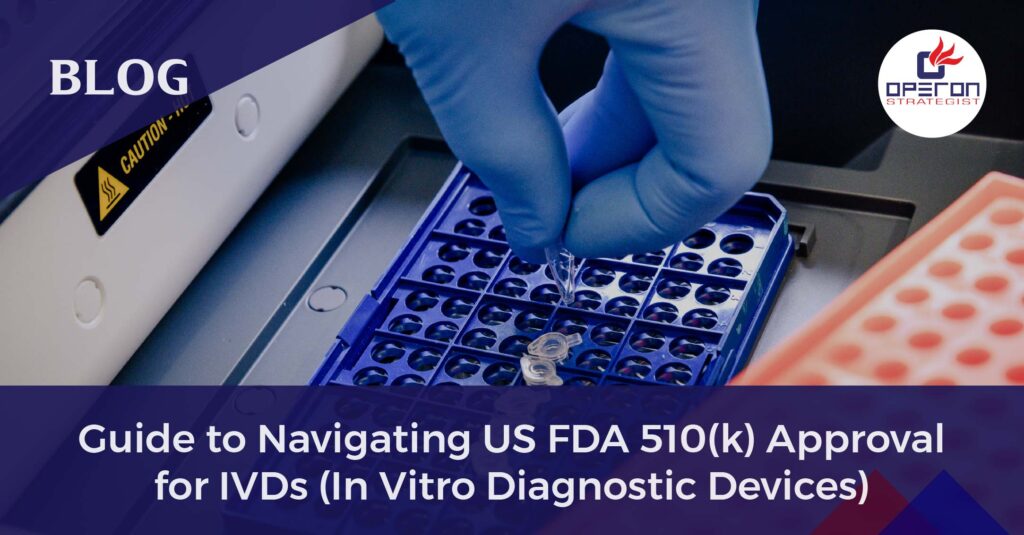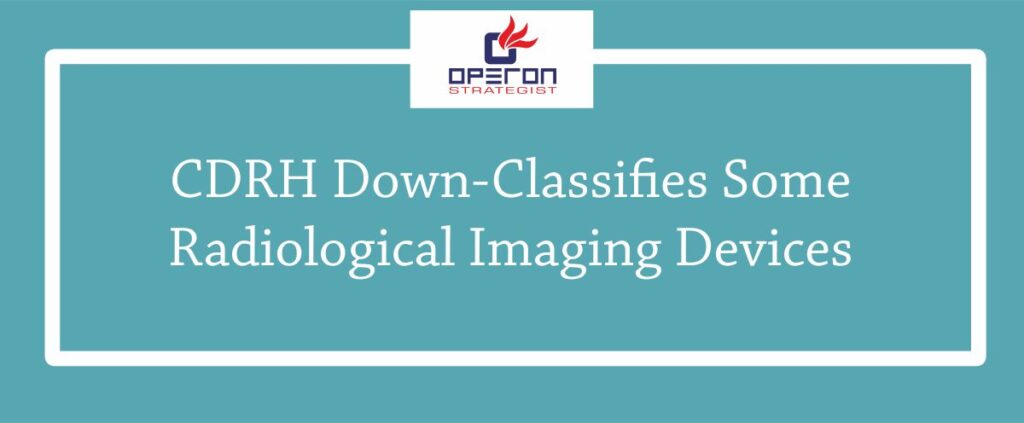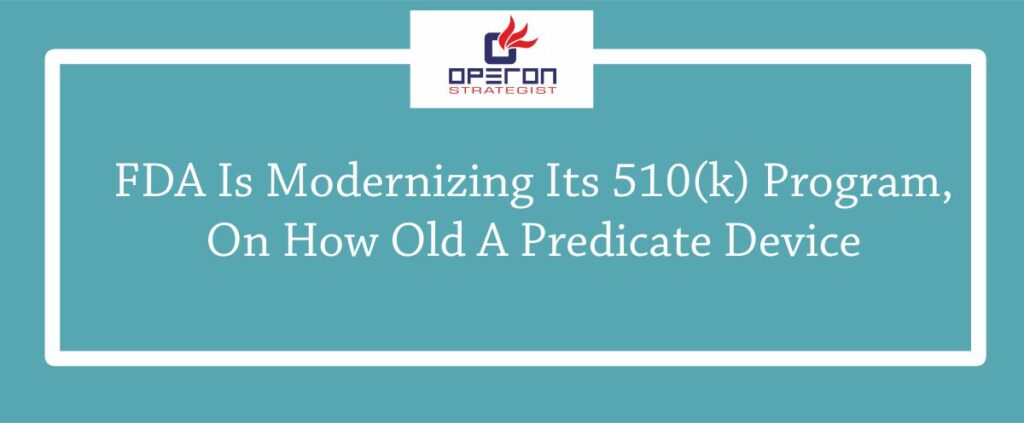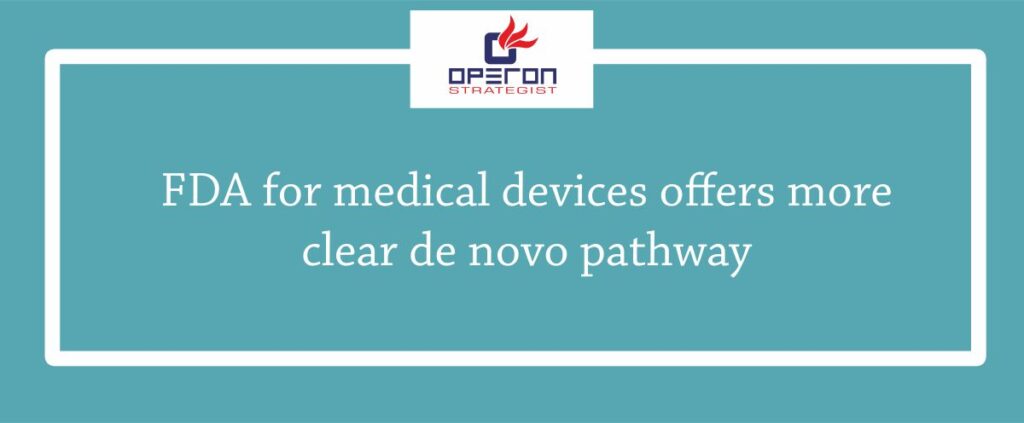Introduction to US FDA 510(k) Approval for IVDs
In the ever-evolving landscape of medical device regulation, obtaining approval for In Vitro Diagnostic Devices (IVDs) can be a complex and daunting task. However, with the right guidance and expertise, navigating the regulatory pathway becomes more manageable. Operon Strategist, a leading medical device and IVD regulatory consulting company, offers specialized consulting services to assist companies in achieving 510(k) approval for their IVDs. In this blog, we’ll explore the intricacies of the 510(k) approval process and how Operon Strategist can support your journey.
Looking For Medical Device Regulatory Consultant?
Understanding 510(k) Approval
The 510(k) approval process, overseen by the U.S. Food and Drug Administration (FDA), is a pathway for companies to bring new medical devices to market. For IVDs, this process involves demonstrating substantial equivalence to a legally marketed predicate device. This means proving that the new IVD is as safe and effective as the predicate device, with similar intended use and technological characteristics.
Challenges in Obtaining 510(k) Approval for IVDs
Navigating the 510(k) approval process for IVDs presents several challenges. These may include identifying an appropriate predicate device, conducting comprehensive testing and validation studies, and compiling a thorough submission package that meets FDA requirements. Additionally, staying updated with evolving regulatory guidelines and standards adds another layer of complexity.
Read more about Challenges and Opportunities with IVD Industries
Classification of IVDs as per US FDA
The US Food and Drug Administration (FDA) classifies In Vitro Diagnostic Devices (IVDs) into three main classes based on their intended use and level of risk to patients and users. Understanding this classification system is crucial for manufacturers, as it determines the regulatory pathway for market clearance or approval, ranging from 510(k) clearance for Class I and some Class II devices to premarket approval (PMA) for Class III devices.
The FDA classifies IVDs into three main classes:
- Class I: Low to moderate-risk devices that are well understood and pose minimal harm to patients or users. Examples include certain general laboratory reagents and controls.
- Class II: Moderate to high-risk devices that require special controls to ensure safety and effectiveness. These devices may include enzyme-linked immunosorbent assays (ELISAs), home pregnancy tests, and some types of microbiology culture media.
- Class III: High-risk devices that are critical to public health and safety, or those that are new and innovative. These devices typically require premarket approval (PMA) before they can be marketed. Examples include certain HIV diagnostic tests and companion diagnostic devices.
Elevate Your Medical Device with ISO 13485 Certification Consultation
Operon Strategist's Expert Consulting Services
Operon Strategist specializes in providing expert consulting services tailored to the unique needs of companies seeking 510(k) approval for IVDs. Our team of experienced regulatory consultants offers comprehensive support throughout the entire regulatory process, from strategy development to submission and beyond.
Here’s how Operon Strategist can assist you:
- Regulatory Strategy Development: We’ll work closely with your team to develop a customized regulatory strategy tailored to your IVD and market goals.
- Predicate Device Identification: Our consultants will assist in identifying suitable predicate devices and assessing their equivalence to your IVD.
- Testing and Validation Support: We guide on designing and conducting appropriate testing and validation studies to demonstrate safety and effectiveness.
- Submission Preparation: Our experts will compile and review all necessary documentation, ensuring your 510(k) submission package meets FDA requirements.
- Post-Submission Support: We offer ongoing support and communication with the FDA, addressing any questions or requests for additional information that may arise.
Accelerate IVD Approval: Tap into Expert FDA Consulting Today!
Achieving 510(k) approval for IVDs is a critical milestone in bringing innovative diagnostic technologies to market. With Operon Strategist’s expert consulting services, companies can navigate the regulatory pathway with confidence and efficiency. From regulatory strategy development to submission and beyond, Operon Strategist is your trusted partner every step of the way. Contact us today to learn more about how we can support your journey to 510(k) approval for IVDs.
Click to read, IVD CE Marking: Compliance Certification for In Vitro Diagnostic Devices in Europe
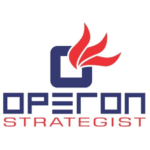
-
Operon Strategisthttps://operonstrategist.com/author/snehal/
-
Operon Strategisthttps://operonstrategist.com/author/snehal/
-
Operon Strategisthttps://operonstrategist.com/author/snehal/
-
Operon Strategisthttps://operonstrategist.com/author/snehal/

